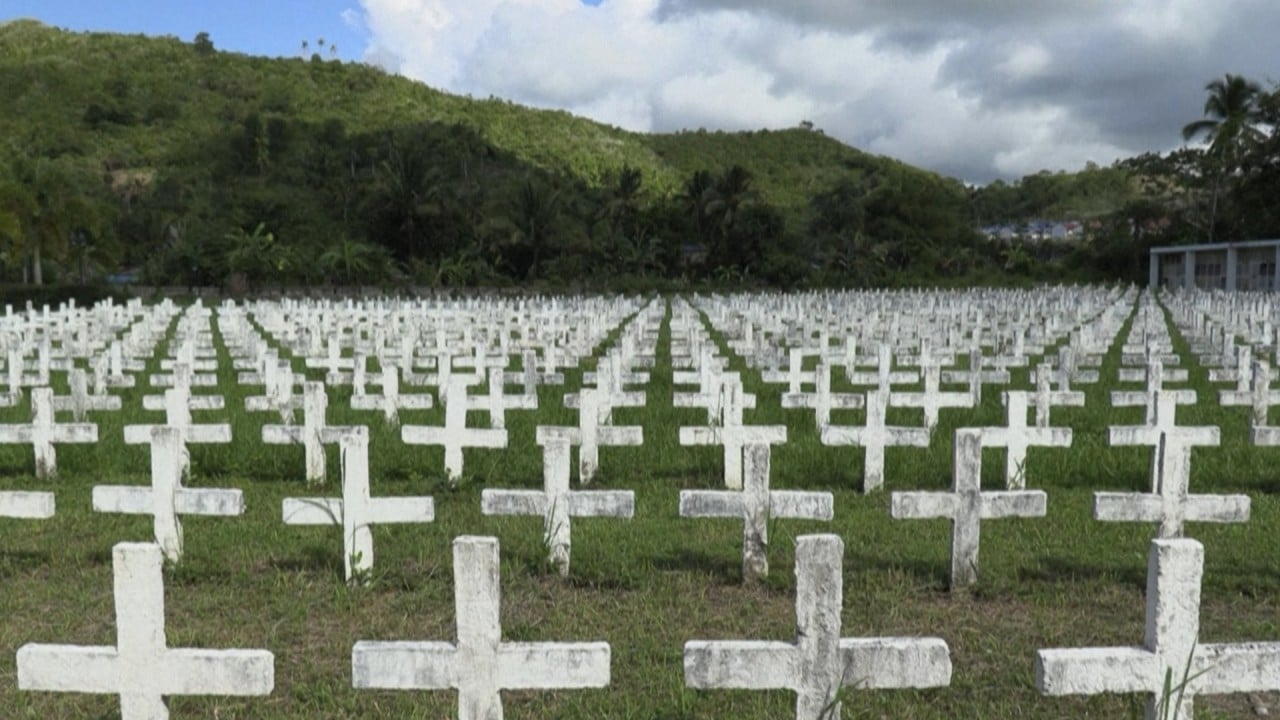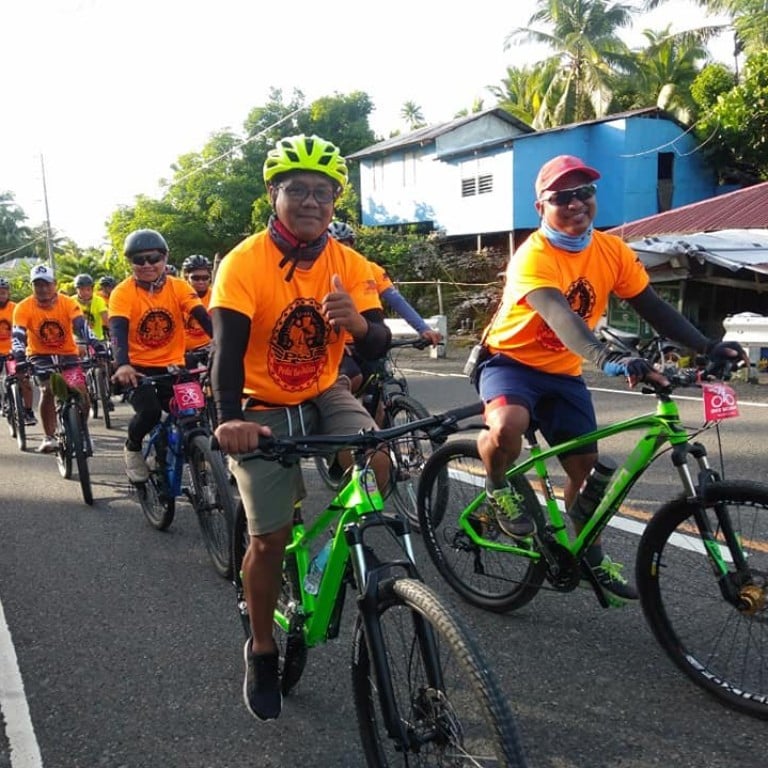
In the Philippines, a community of cyclists pushes nation towards bottom-up natural disaster response
- Bike Scouts help address need for access to life-saving information and essential supplies in immediate aftermath of disasters
- Grass-roots organisations such as the Bike Scouts can further strengthen the Philippines’ bottom-up approach to disaster management, analysts say
Myles Delfin watched the storm’s aftermath unfold on television from Metro Manila. While numerous organisations responded to the calamity alongside government agencies, he observed that survivors who were rescued and given food, medicine and shelter could still not get in touch with their loved ones.
Communication lines and roads had been ravaged, cutting off the provinces of Leyte and Samar.
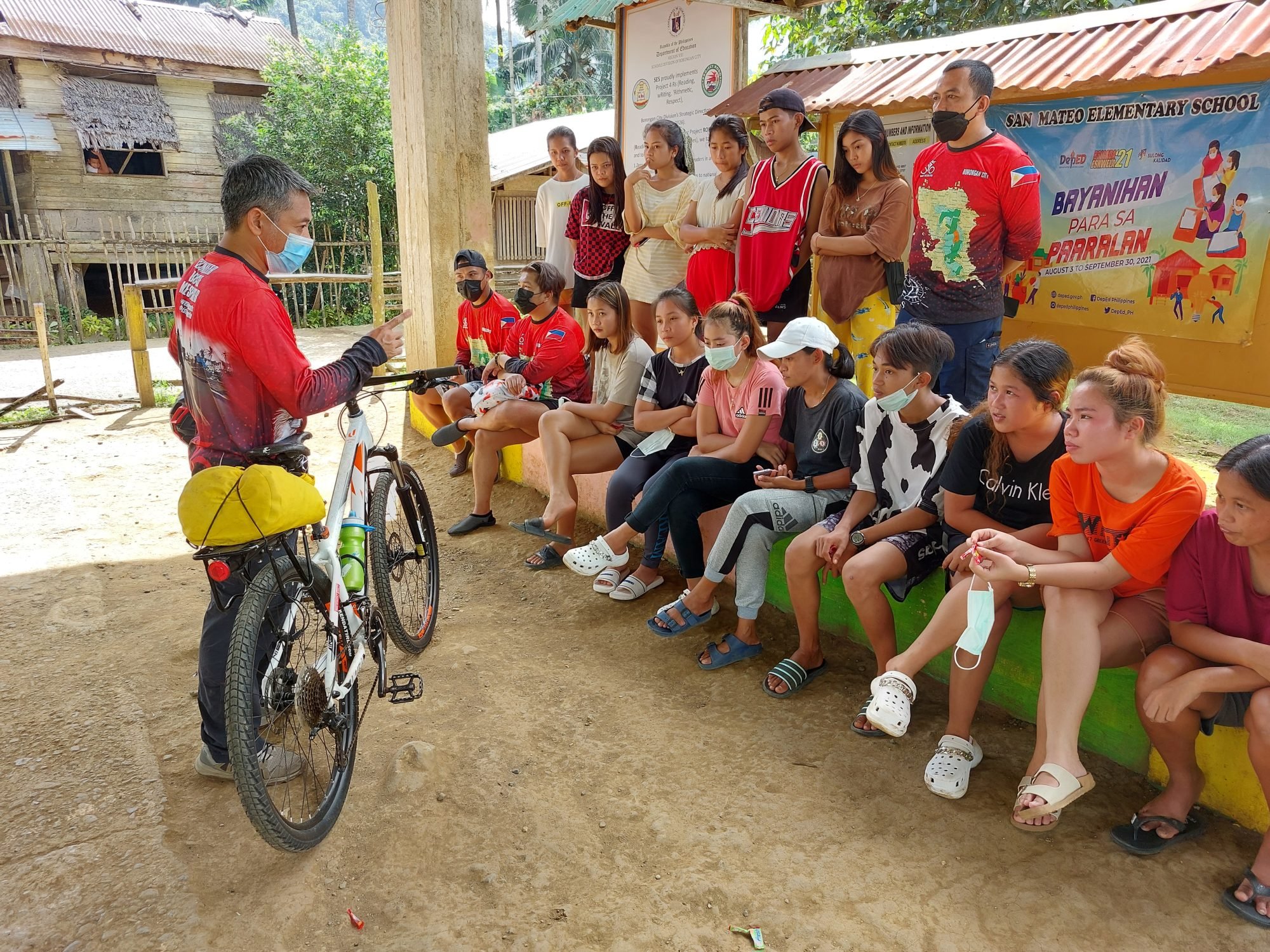
Delfin, an avid mountaineer and cyclist, subsequently wrote an impassioned Facebook post on how bicycles and mobile devices could be used to help provide access to information, communication, and essential supplies for those isolated by the storm.
He enlisted volunteer sign-ups via Facebook – some of whom eventually connected Delfin to the Philippine Air Force, allowing him and his fellow volunteer cyclists to join disaster response flights to Leyte’s Tacloban City, which was ground zero in the storm. He called his group the Bike Scouts.
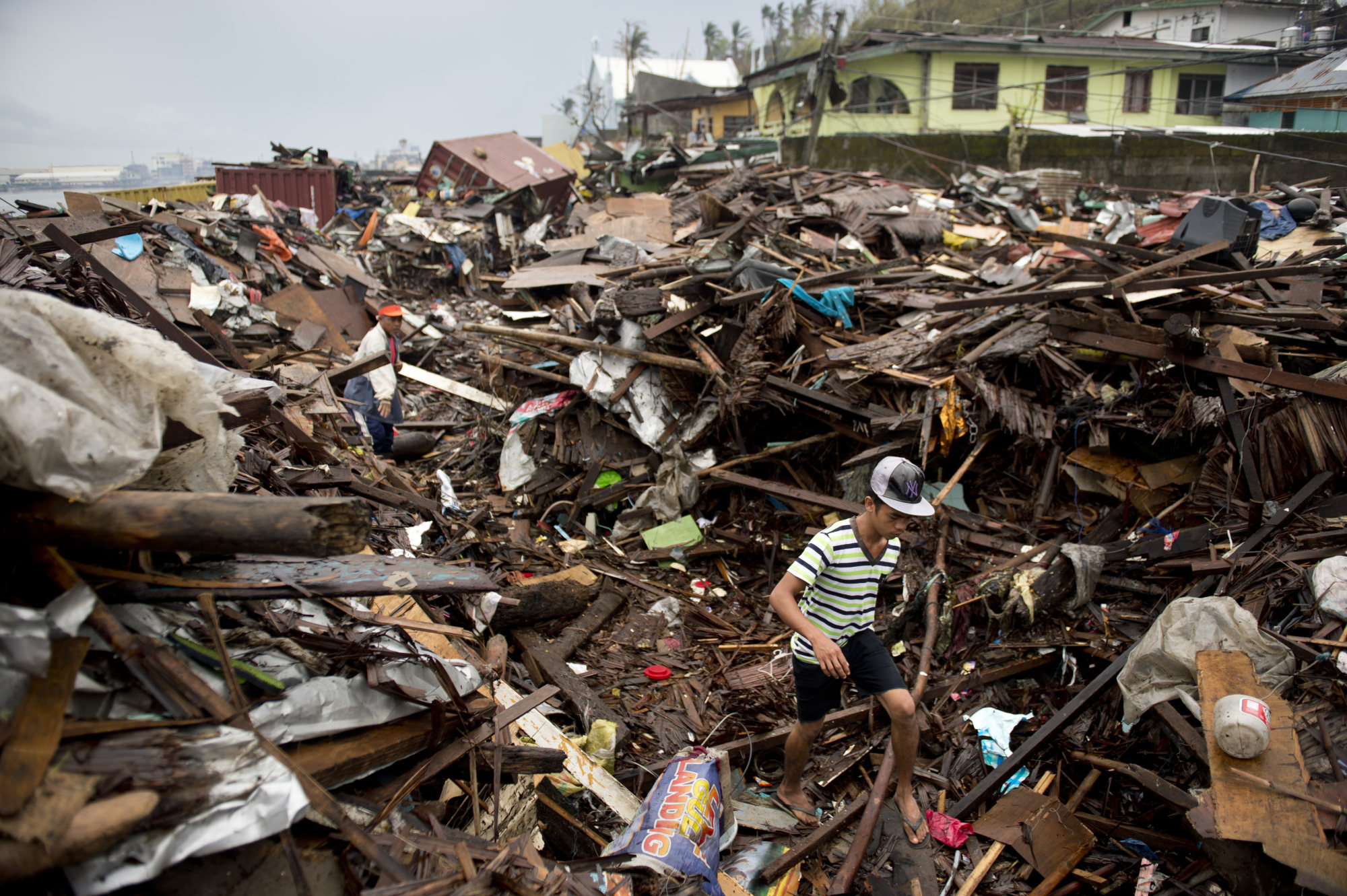
The Bike Scouts managed to reach towns isolated by the typhoon, gathering data and relaying messages from evacuees to their relatives and friends. Seven teams of Bike Scouts rotated in and out, flying with the air force to serve affected areas for four months, until roads were cleared and communications restored.
Although remembered as one of the country’s deadliest typhoons, Haiyan is far from the only natural disaster to ravage the Philippines. Its location in the typhoon belt and Pacific Ring of Fire means the archipelago nation experiences a deluge of natural hazards each year. Yet it has a long way to go before it reaches true disaster resilience, losing some US$3.5 billion annually to the damage caused by earthquakes and typhoons.
Grass-roots organisations such as the Bike Scouts Project can help strengthen the Philippines’ bottom-up approach to disasters as it continues to struggle to devise a larger mitigation plan, according to Ven Paolo Valenzuela, a research fellow on disaster risk reduction and climate change adaptation at the National University of Singapore’s Asia Research Institute.
“They may be pre-emptively filling in a gap that we haven’t seen yet, expanding the breadth of what we can do,” Valenzuela said.
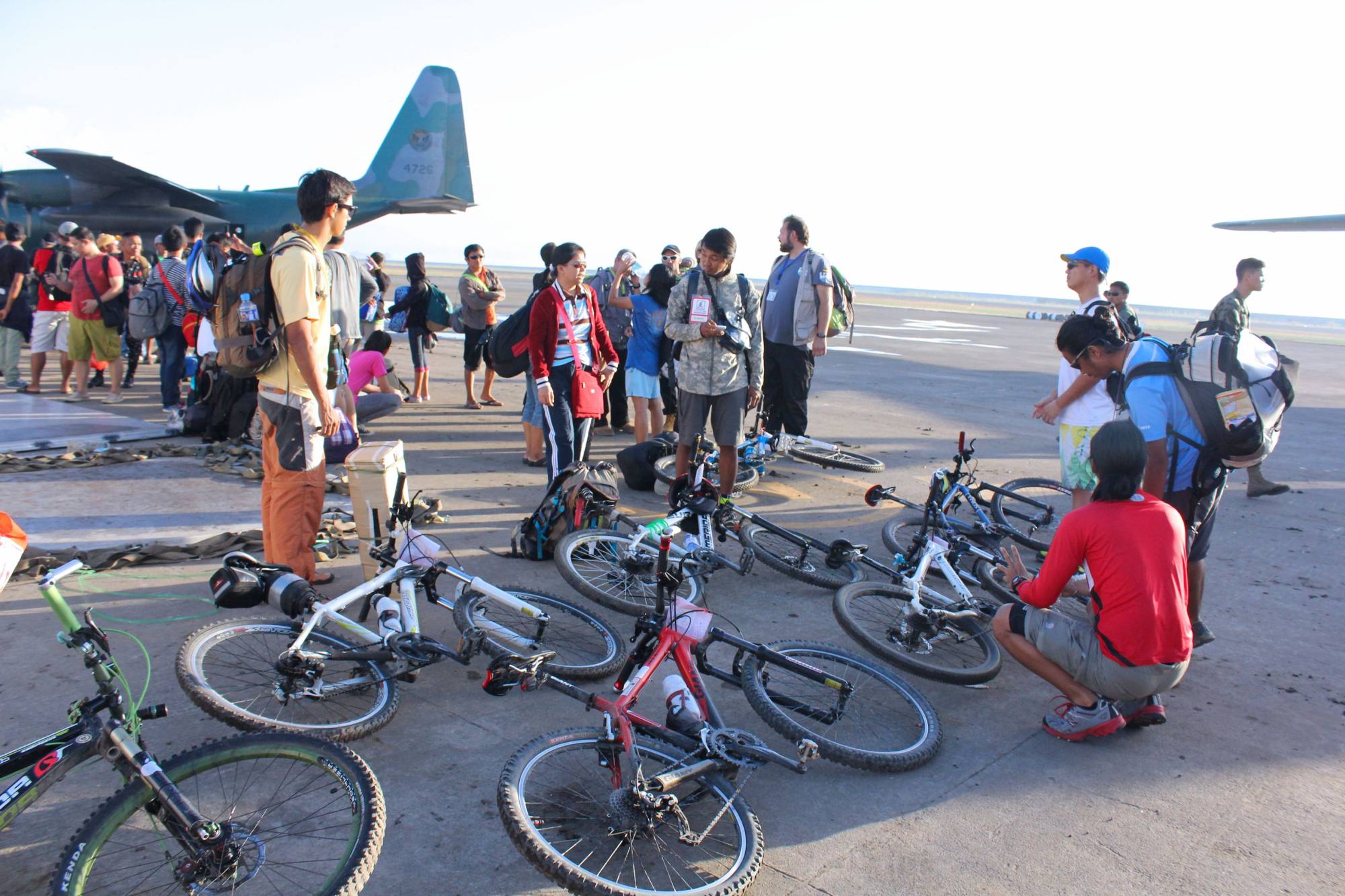
The Bike Scouts Project has grown into a social platform for community-based resilience. According to Delfin, the group addresses the need for access to life-saving information and essential supplies in the immediate aftermath of disasters.
“We provide an alternative means of access to communication, information, and essential supplies for people affected by severe disasters by providing the platform and sharing the knowledge and skills,” Delfin said.
Bicycles had “resilient mobility” and allowed members of the group to “form local teams of volunteer bicycle messengers for disaster response, whose knowledge of their own communities allow them to bring help and hope where it’s needed most,” he said.
Delfin pointed out that bicycles were the simplest solution to reaching areas that had been blocked off by damaged or obstructed roads, or where there were no lines of communication. “[Bikes] are easy to use and maintain and can go through almost any kind of terrain or obstacle, and where they can’t pass we can easily carry them until we can get to an area where bicycles can be operated,” he said.
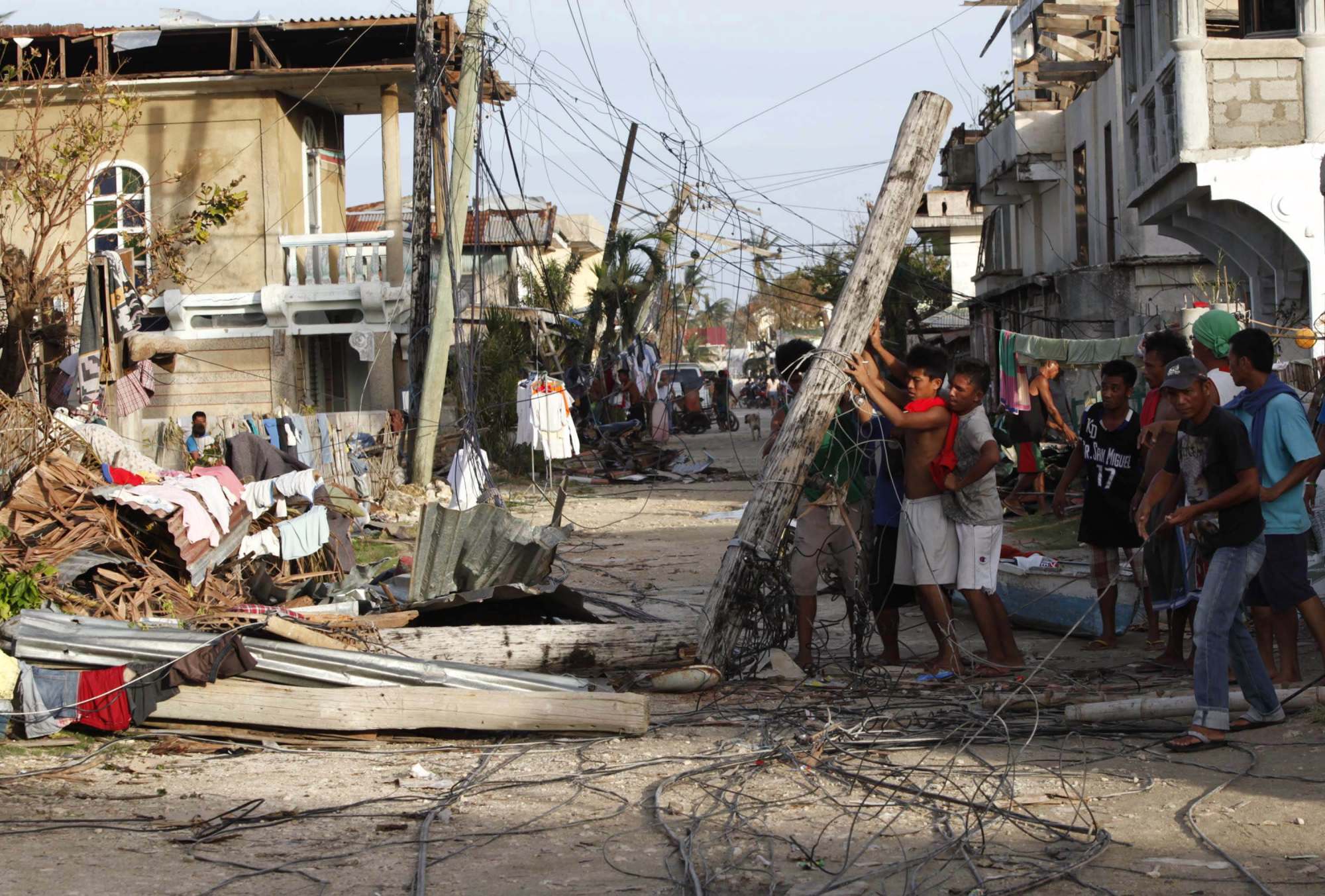
The Bike Scouts Project now counts more than 100,000 people among its volunteer network in the Philippines, most of them cyclists from organisations and clubs across the country. That number only continues to grow as the group trains and equips locals to respond to and prepare for calamities in their respective communities.
Locals know their way around their communities best, and empowering them to respond immediately to emergencies allows them to save more lives and control a situation better without waiting for aid from top-level officials or national agencies, according to Delfin.
The aim of creating the Bike Scouts was to come up with a workaround to the Philippines’ predominantly top-down and bureaucratic approach to disaster management, which is seen by critics as the cause of delays in what should be an effective and efficient process.
“A good example of this is the focus on food packs that are distributed after a disaster, and from our experience this takes up a lot of the limited transport and logistics resources when such a thing can be better organised locally by communities themselves if there is proper investment in giving people the knowledge, skills, and resources to prepare,” Delfin said.
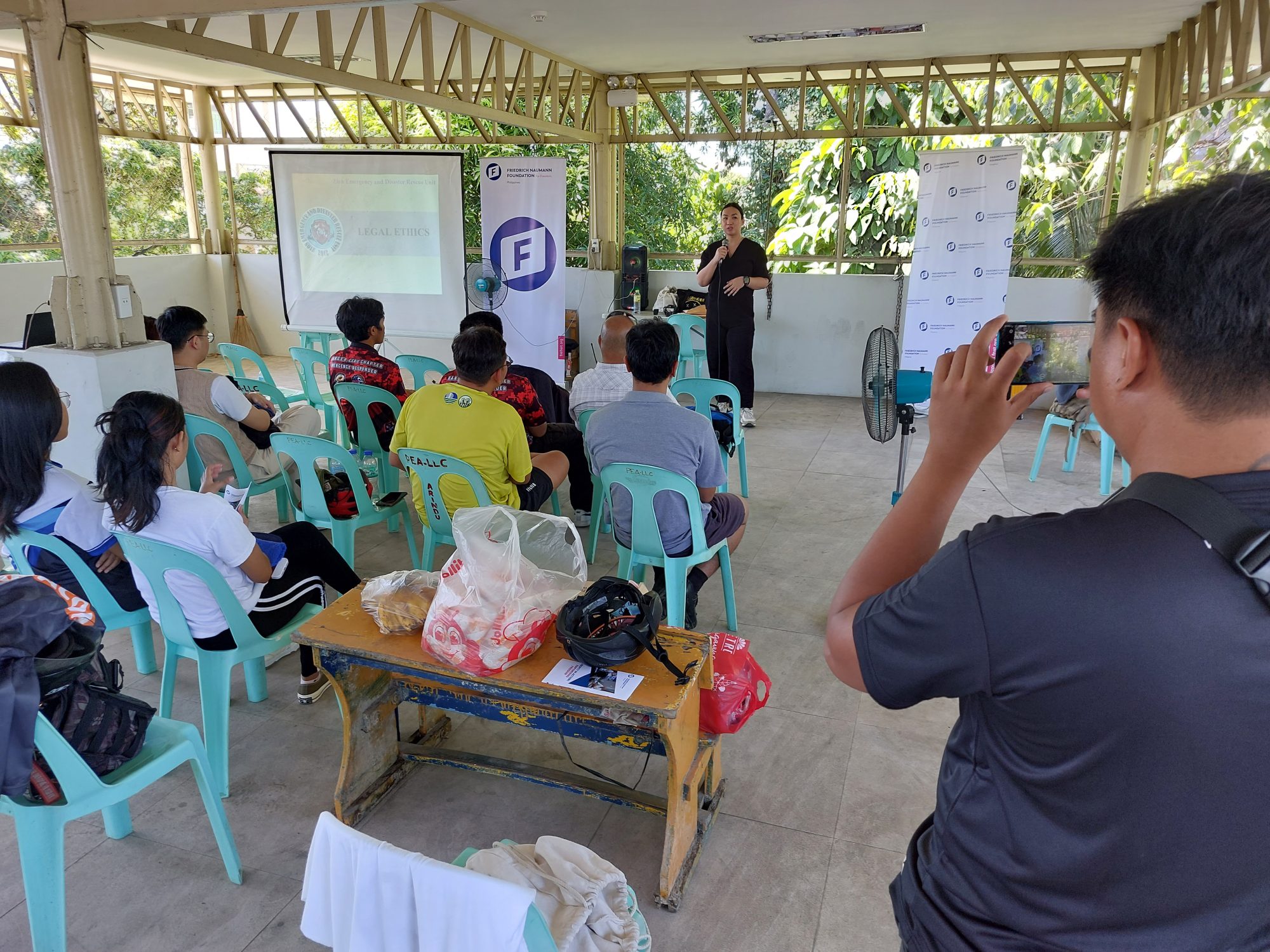
“This is why the Bike Scouts believe that there is a real need to give people in communities the ability to help themselves and others nearby in the event of emergencies and disasters.”
These days, Delfin and his group are focused on equipping more communities to be their own heroes, building community resilience and moving away from donation-driven models.
The Bike Scouts Project partnered with the Friedrich Naumann Foundation in November for a resilience workshop series, training communities on the basics of disaster response, bicycle handling and maintenance, radio and mobile communications, disaster monitoring and data collection, and food sustainability through community gardens and food production.
Filipino women cyclists reclaim Manila’s roads as they defy ‘unladylike’ stigma
The group also launched its own mobile app for Android in 2021, which serves as a disaster monitoring and reporting tool for users to send real-time information and data on disasters.
Valenzuela said local governments could leverage capabilities such as these to help with disaster response by familiarising themselves with volunteer organisations’ skill sets and integrating these into plans geared towards risk reduction.
One such use would be validating data, like population counts and locations of critical facilities, for hazard maps that local officials can use for planning.
Delfin echoed this sentiment, saying that there was a need to invest in and provide long-term support for practical resilience and response solutions.
The Bike Scouts have reaped numerous distinctions since launch, including recognition as an outstanding community by Meta through its Facebook Community Accelerator programme.
Delfin hopes he can one day turn over the leadership of Bike Scouts to community leaders nationwide, and instead focus on finding partnerships and developing technologies that would allow the group to achieve more of its long-term goals and move away from charity-driven donations.
“[My hope is for us] to achieve real sustainability for the community and our platform for social teamwork where ordinary people can do extraordinary good in the world.”


